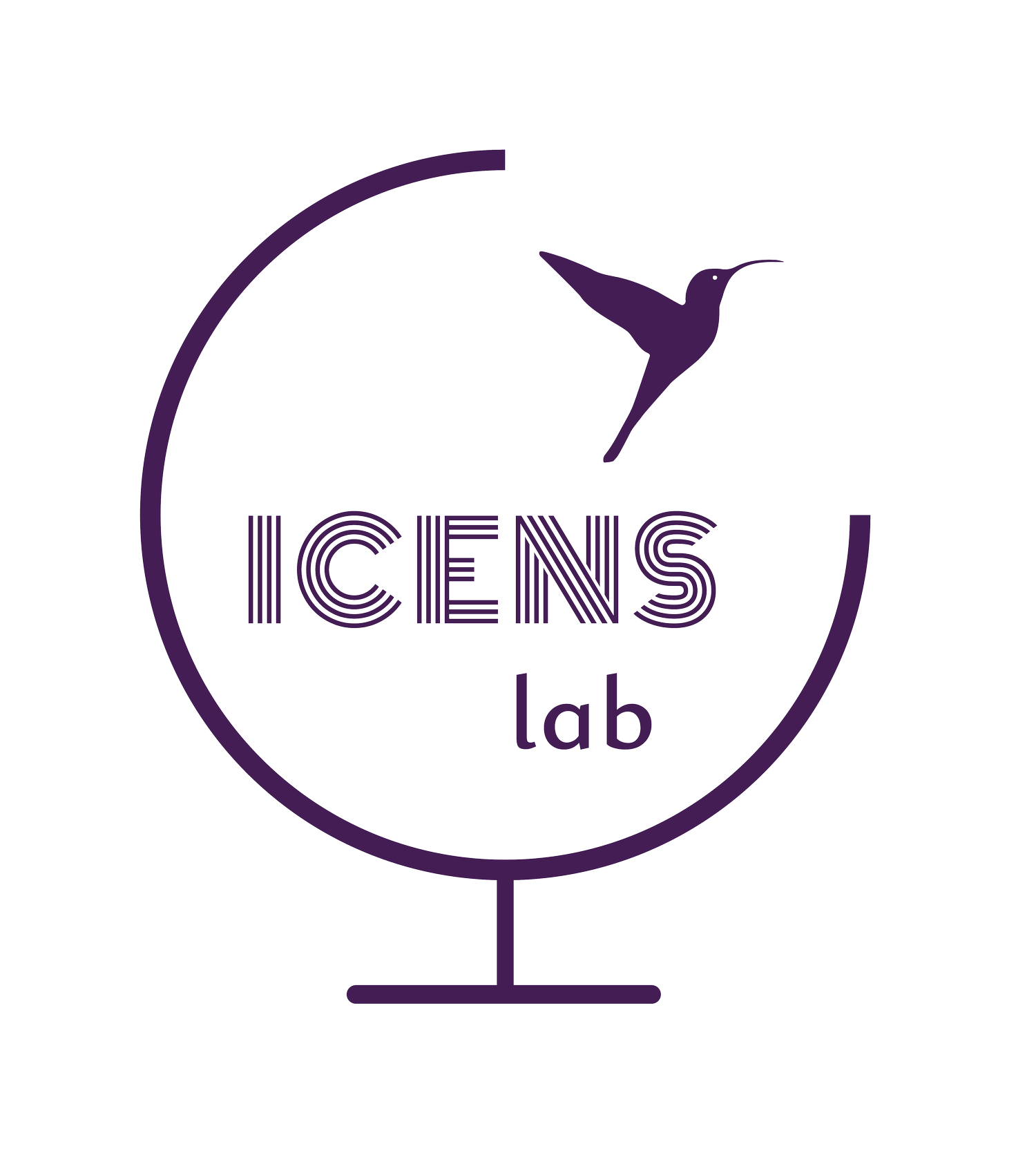
Interdisciplinary Climate Economics for Nature and Society - ICENS lab
A future of justice and sustainability
ICENS lab furthers collective efforts for a stable global climate system and a thriving green social economy. We generate knowledge to support humanity’s efforts in shaping economies that genuinely serve society and nature. We share knowledge, making it accessible to more people. Economics is our starting point, but going beyond this is key to what we do. Our work is governed by three principles:
Beyond the mainstream: We consider multiple perspectives on climate economics.
Beyond economics: We engage with other disciplines, including the arts and humanities.
Beyond academia: We view local stakeholders as partners for co-creating sensible solutions.
Our activities
Education and training
Economics is much richer than is being taught and communicated. We provide education and training that reflects this diversity of thought, bringing the full spectrum of economics to bear on society’s decision-makers and thinkers.
Generating knowledge
We conduct research, analysis and consultancy projects that help us move towards a stable global climate and a thriving green social economy. For this purpose, we make use of a wide diversity of economics perspectives and draw too on other sciences, as well as on the humanities and arts, for a more comprehensive, robust, and holistic understanding.
Connecting economics with the arts
We embrace in our work both reasoning and sentiment, both rationality and emotional intelligence. We promote the much neglected and undervalued role of the arts.. Linking economics with the world of arts is critical to empathetically connect with the climate challenge and instil change.
Linking-the-dots hub
We aim to gradually develop a hub for exchanging knowledge, debating, listening to different schools of economic thought, and cultivating the science-arts interface.
Engaging locally
We pursue local projects that bring together community organisations or citizen groups, to test alternative ways of delivering on just net-zero transitions..





